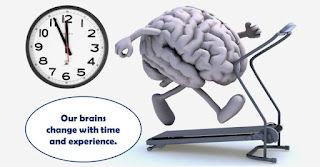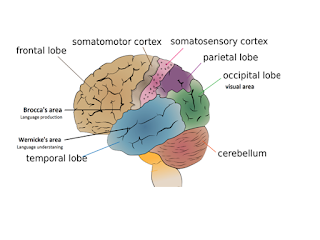AQA A-LEVEL: Biopsychology - Function of Neurons
FUNCTION OF NEURONS
PROCESS OF SYNAPTIC TRANSMISSION
- DENDRITES pick up message (NT) and send an impulse (AP action potential) through the cell body, along axon to terminal buttons (TB)
- At the end of TB there are synaptic vesicles which contain and store the NT, NT converts impulse into a message which is transferred to the next neurone
- As the impulse (AP) travels to the end of the neurone at the TB it reaches the synaptic vesicle which releases the NT and crosses the synaptic gap between the pre and postsynaptic neurone
- NT diffuses across synaptic gap, binds to specialised receptors on the surface of next cell dendrites which recognise it and match that cell
- Once the next cell is activated the receptor molecules either have an inhibitory effect (weakens impulses by decreasing AP) or an excitation effect (strengthens impulses by increasing AP)
- Synaptic Transmission is completed (done in a fraction of a second) by the process of reuptake, where leftover NTs are taken back up/ recycles by presynaptic neurone
SYNAPTIC PROCESS IN SHORT
- Dendrites of pre pick up NT which send impulse in form of AP through cell to TB
- At end of TB, NT's in vesicles convert impulse into message
- AP reaches synaptic vesicle which releases NT which crosses gap
- When NT diffuses across gap it does lock and key
- Post cell activated and receptor molecules either have a + or - effect
- Process done in short time and re-uptake occurs - NTs are recycled
NEUROTRANSMITTERS - Cerebral chemicals which affect mood and behaviour
EXCITATORY - Increases charge of postsynaptic neurone making it more likely to fire. Rise in AP increases activity
- Nor-epinephrine - Causes anxiety in high levels, low energy and focus in low levels
- Epinephrine - Causes ADHD symptoms in high levels and LT stress in low levels
INHIBITORY - Reduces activity in postsynaptic neurone, creates a negative charge, makes cells less likely to fire. Fall in AP decreases activity.
- Serotonin - Regulates mood and for pain control, low levels causes depression
- GABA - Low levels can cause high levels of anxiety




Comments
Post a Comment